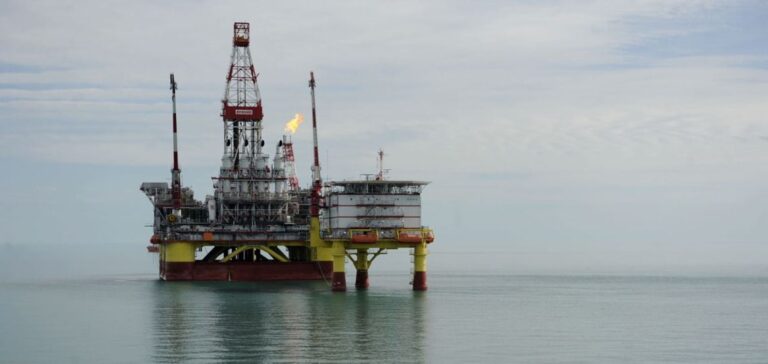A necessary boost for energy stability
Egypt, facing major economic challenges, is implementing a strategy to restore its oil and gas production to pre-crisis levels.
Prime Minister Mostafa Madbouly emphasized the importance of this plan in guaranteeing the country’s energy stability.
This initiative comes at a time when the accumulation of debts to international companies has slowed down exploration and production operations.
In response to this situation, the government has already embarked on an arrears repayment program, aimed at boosting investor confidence.
The support of international partners is essential to revive the extraction of fossil resources, particularly in key areas such as the Mediterranean and the Gulf of Suez.
With recent agreements representing an investment of $340 million, the Egyptian government is seeking to step up extraction and secure energy supplies.
Reducing dependence on imported fossil fuels, recently used to compensate for power cuts, is also a key objective of this strategy.
Targeted investment and resource management
The signing of new investment agreements demonstrates the Egyptian government’s commitment to boosting activity in the oil and gas sector.
The Ministry of Petroleum has reported current production of 5.7 billion cubic feet of gas per day, a figure the government intends to increase through strategic investments.
These initiatives are aimed not only at meeting growing domestic demand, but also at strengthening Egypt’s position in the global energy market.
The power cuts that marked the summer highlighted the weaknesses of Egypt’s energy system.
In response, Egypt had to turn to costly solutions, such as importing natural gas and fuel oil.
The recovery plan also includes measures to modernize infrastructure and optimize the use of domestic resources, thus reducing the need to rely on energy imports.






















